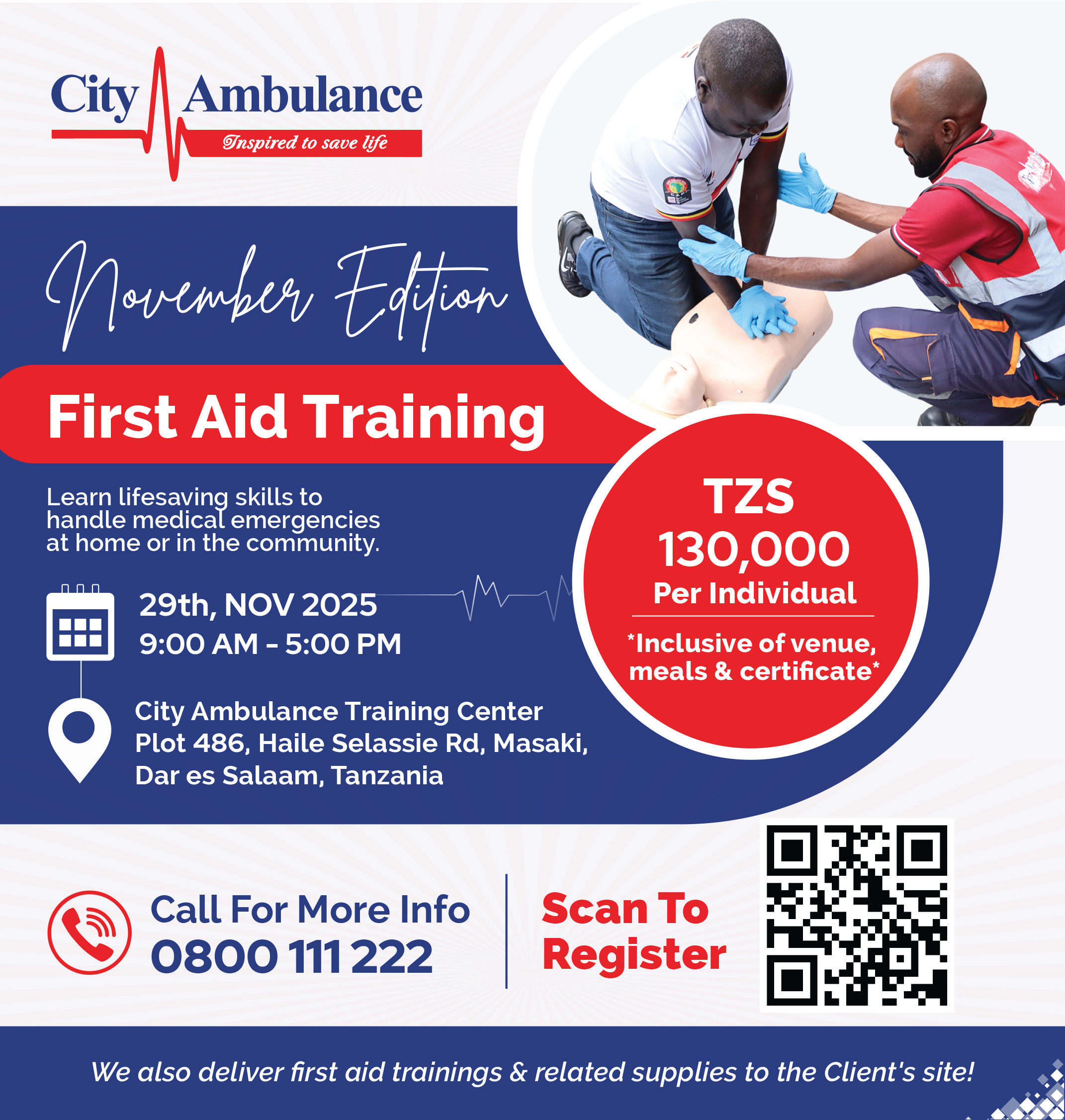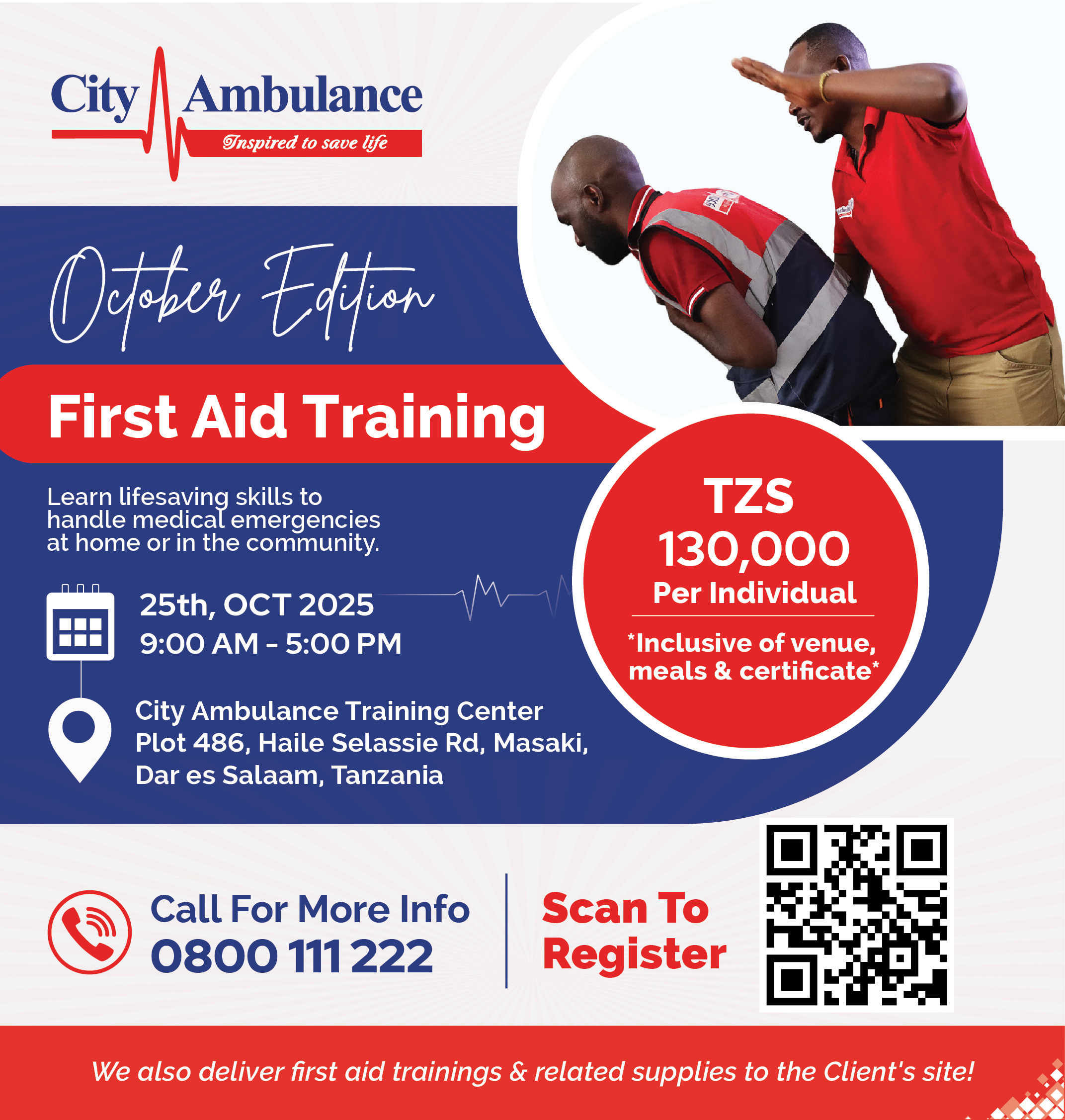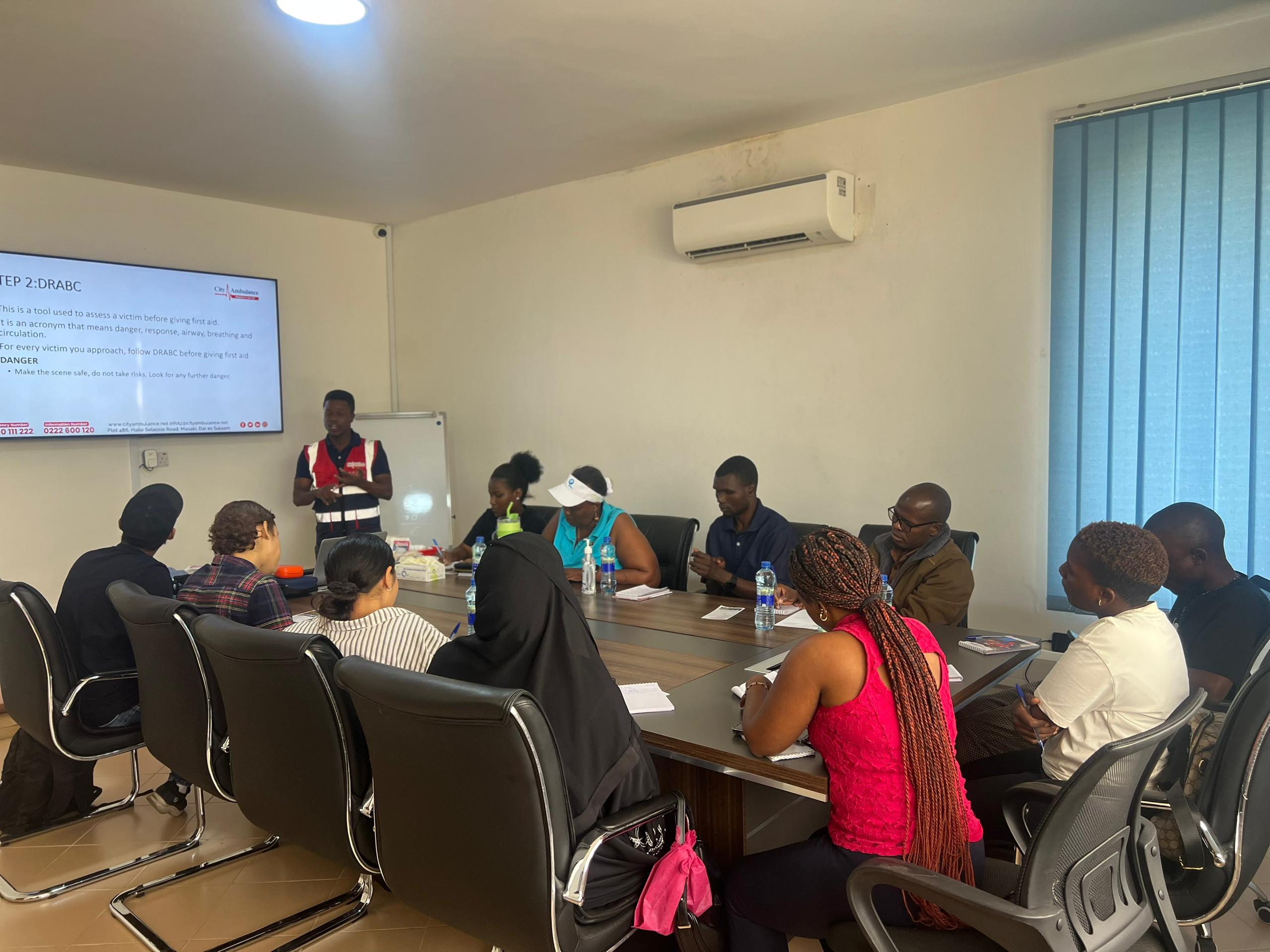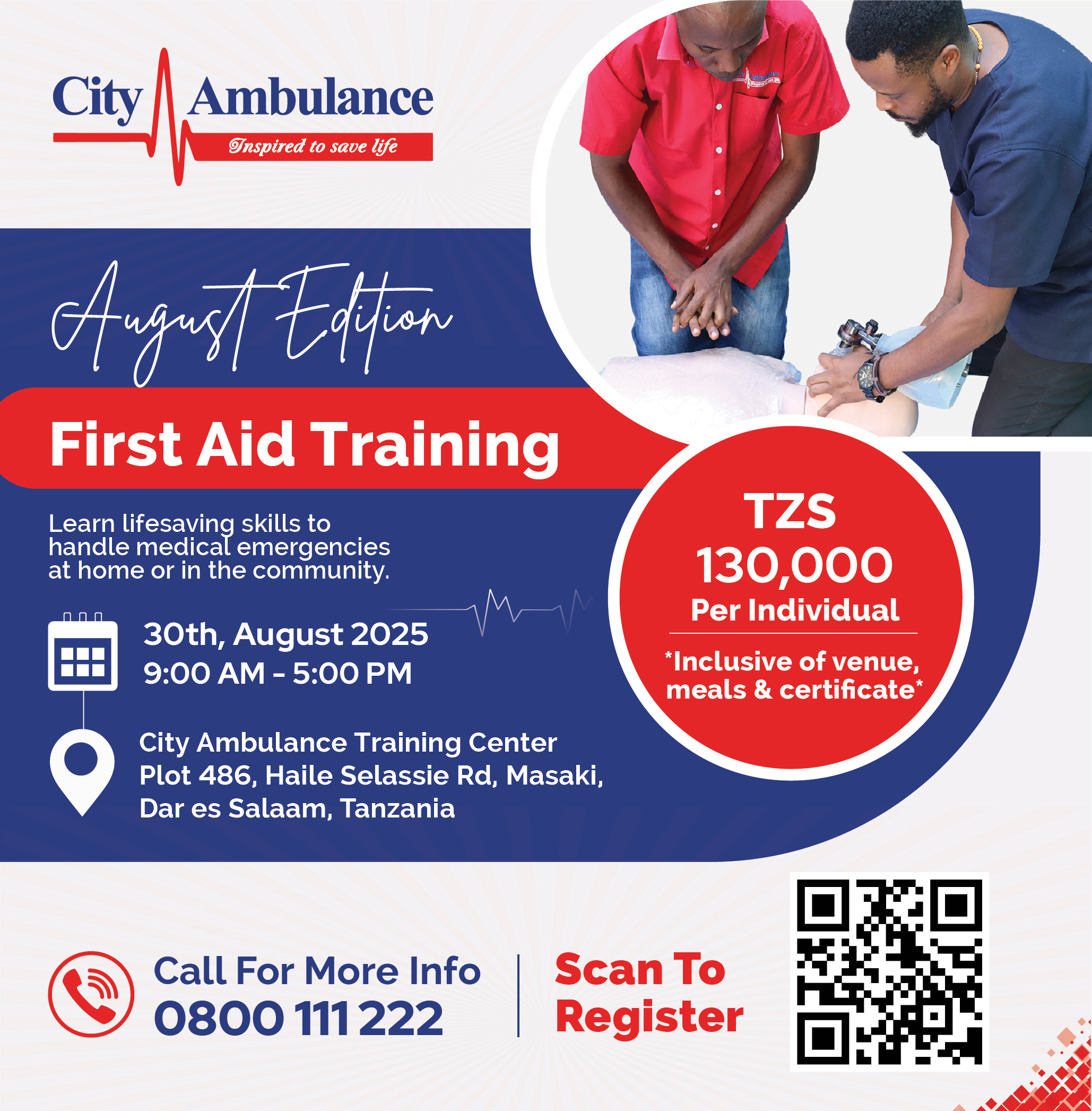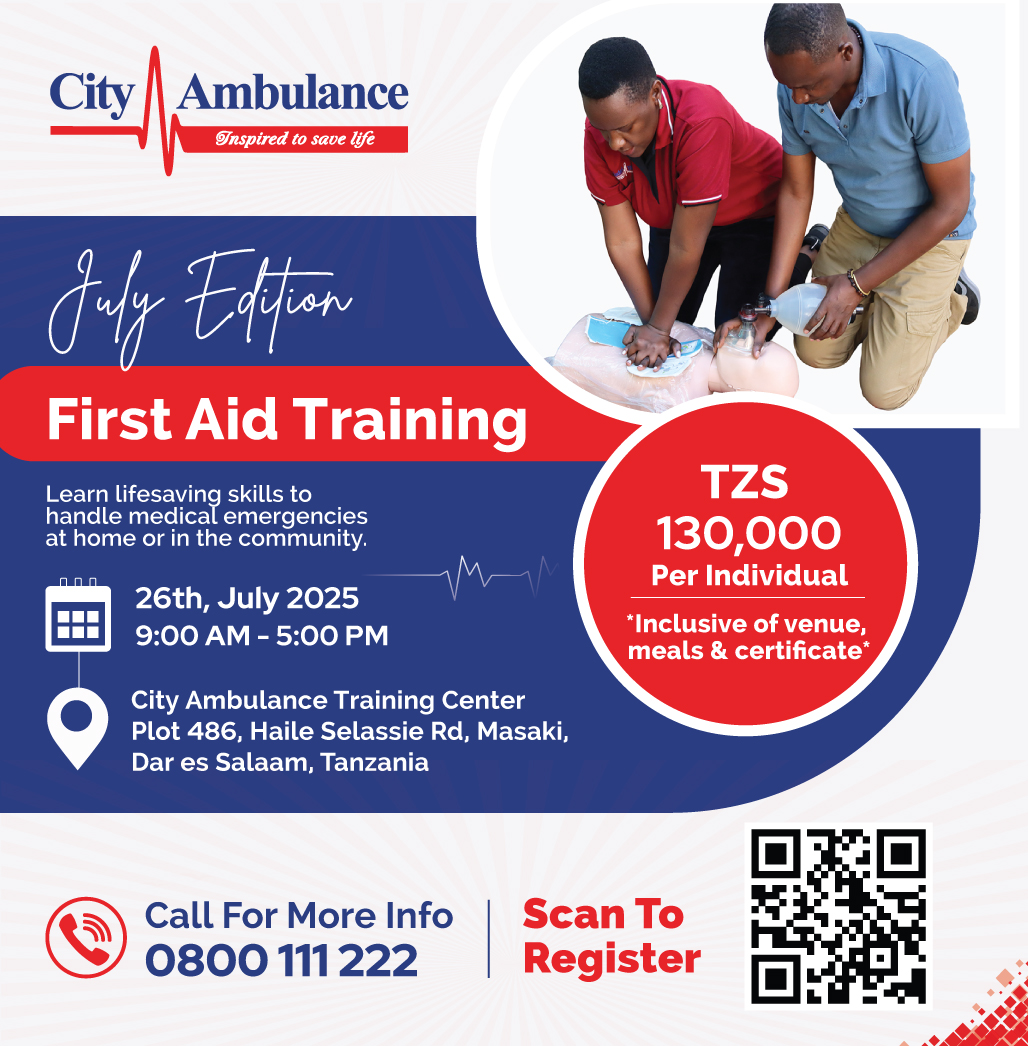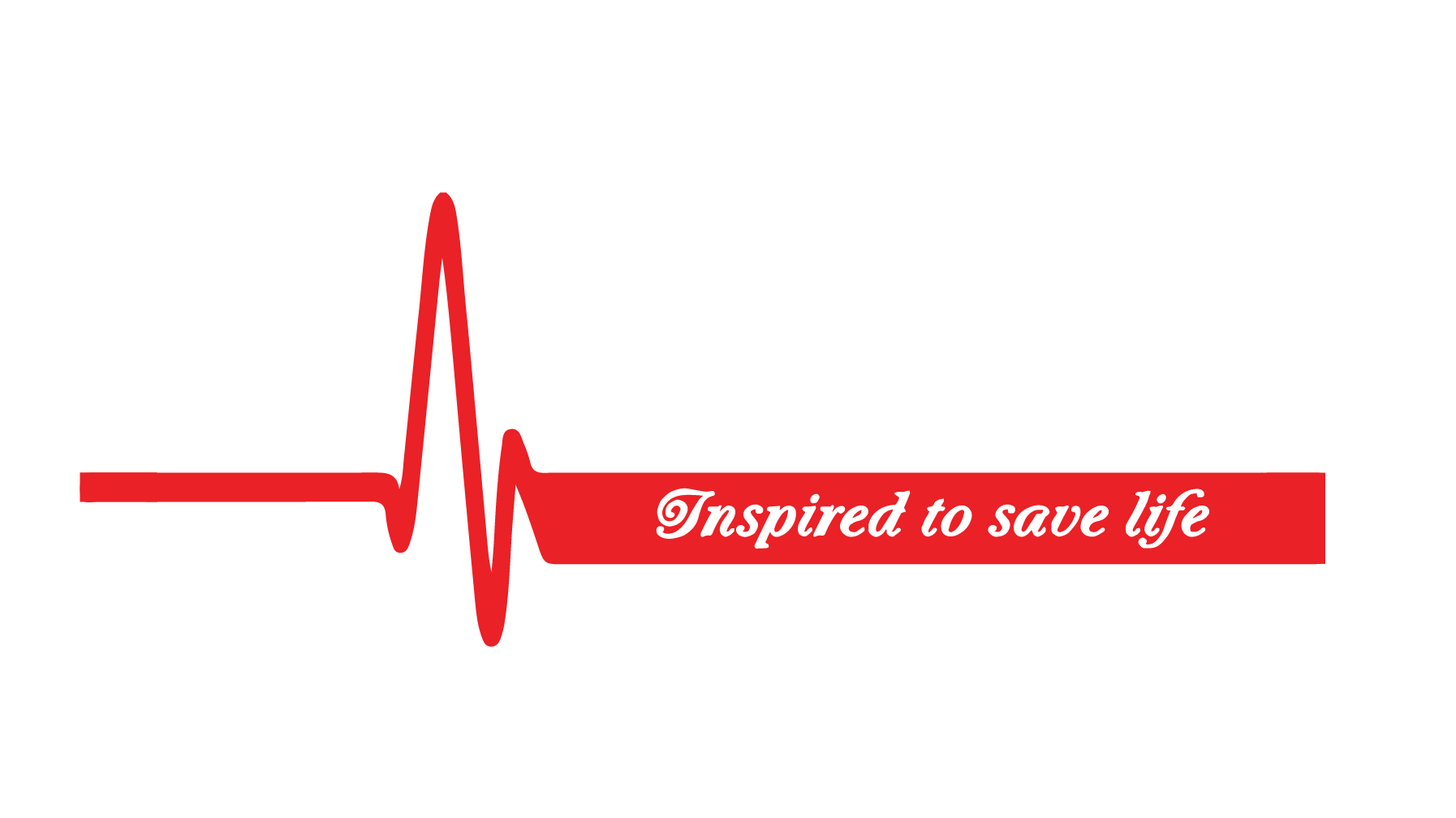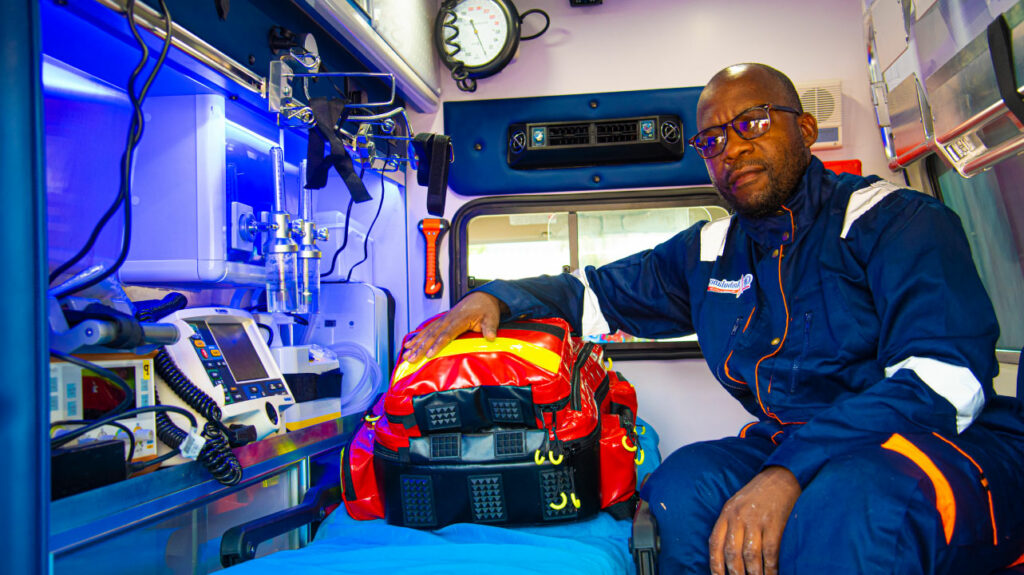
The Role of the Paramedic?
A paramedic is a highly trained and skilled medical professional who is educated to carry out some of the duties of a physician. Paramedics can examine, evaluate and treat patients with equipment and medications usually only found in the emergency department of a hospital.
Paramedics are typically utilized as emergency care practitioners on ambulances or on first response emergency vehicles. Opportunities for more specialized employment of experienced paramedics exist in areas such as cruise ship medical departments, off-shore oil drilling platforms, helicopter or fixed wing medical transport and hyperbaric oxygen chambers.
The term paramedic is used to signify personnel who function as extenders of physicians. The prefix para means “along the side of” and medic is taken to mean “physician.” A paramedic works as an extender of the physician. The procedures and medications administered by the paramedic are ordered and supervised by a physician. This may be through direct supervision or remotely using telephone, radio, or pre-established written orders.
Paramedics must be ambitious, honest, calm, intelligent, caring, non-prejudiced and non-judgmental people who are strong both mentally and physically. These are some of the desired attributes that EMT-P Program Selection Committee looks for in a potential student candidate.
FAQ's
No. Paramedics are a unique medical entity. Paramedics receive education in many of the same areas as a nurse or PA such as medical terminology, anatomy, physiology, pathophysiology, pharmacology and so on. Unlike these health care professionals, paramedics focus on issues involving emergency medical care and become intensivists in OUT OF HOSPITAL EMERGENCY MEDICINE. Paramedics at times will be called upon to fill any role in a crisis. In essence a paramedic is part physician, nurse, social worker, clergy, police officer, firefighter, mediator, counselor and teacher just to name a few.
No. Much like the physician assistant (PA), a paramedic is considered a "Delegated Practitioner". The paramedic receives the authority to practice through a physician’s license. Each practicing paramedic has a physician medical director who is responsible to direct and review the activities of the paramedic.
No. Physicians and nurses, while highly educated in their own areas of expertise, must complete EMT and paramedic education in order to work on an ambulance in the State of New York. Procedures exist to allow for advanced standing in EMS education for qualified individuals. Individuals with current MD, DO, RN, or PA licensure are encouraged to contact the Program Director for further information.
